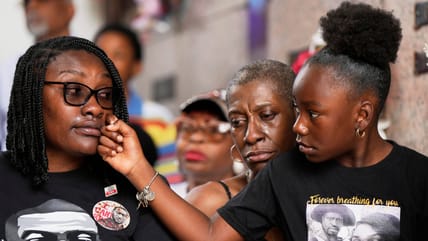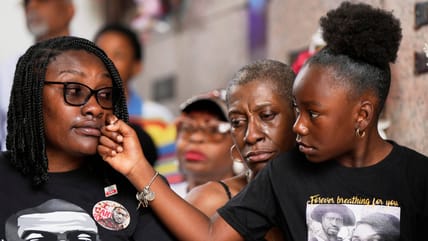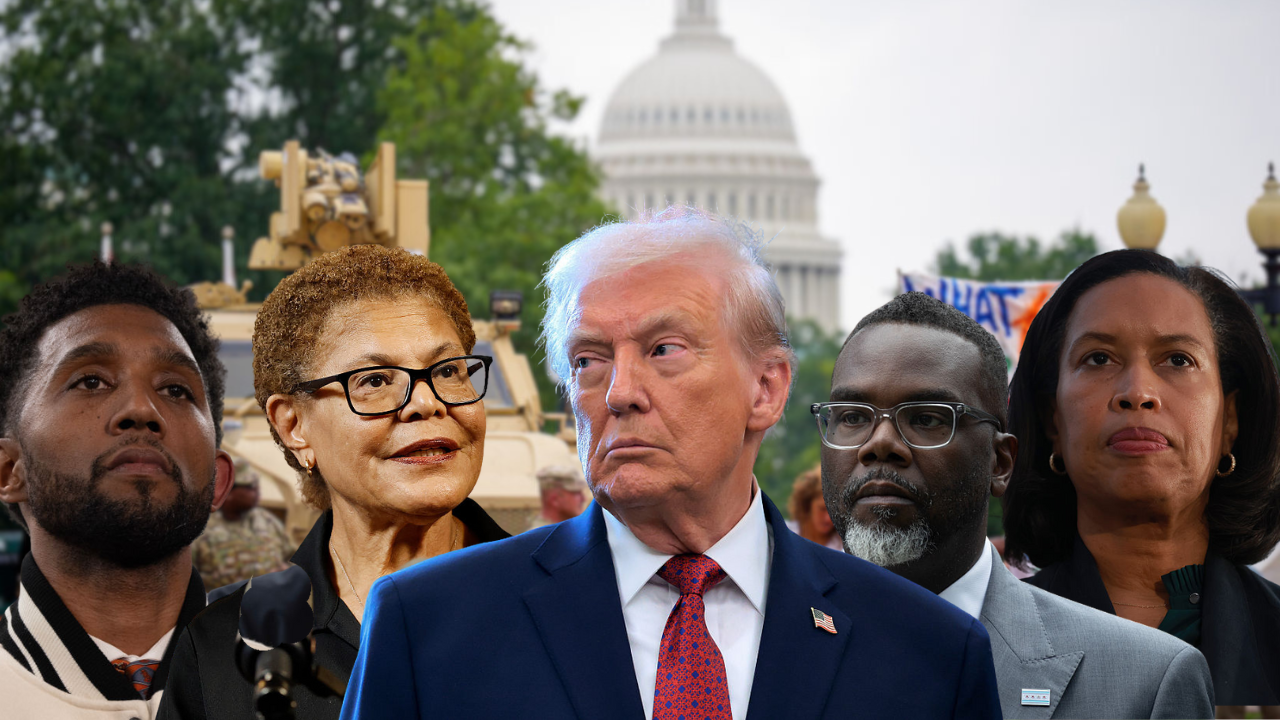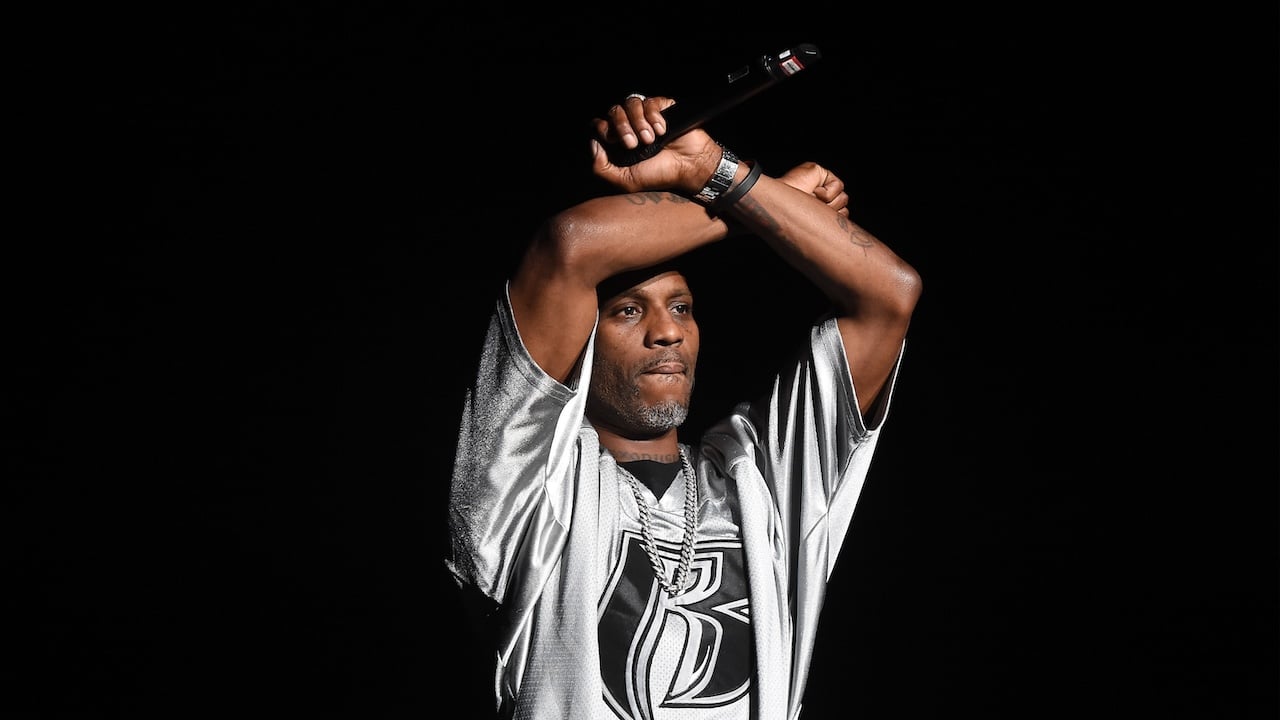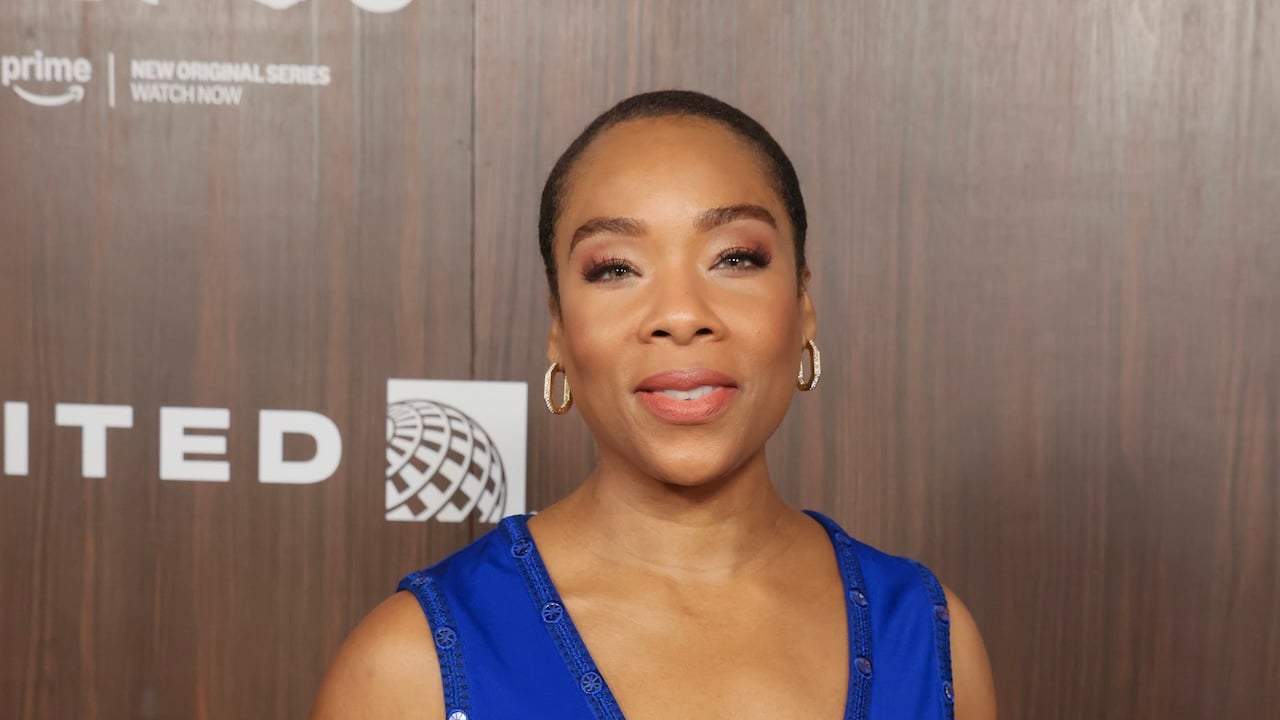As the city of Minneapolis and the nation commemorated the fifth anniversary of George Floyd‘s murder this past Memorial Day weekend, the years-long national movement to reform police interactions with Black and brown communities–sometimes deadly–has seen both progress and major setbacks.
The Black Lives Matter movement, following Floyd’s death in May 2020, aimed to transform the way police departments interact with Black and brown communities, garnering massive support from corporations and institutions–including commitments to investing in DEI and other programs intended to eliminate racial disparities.
The organized movement for police reform also resulted in the election of President Joe Biden and Kamala Harris, the nation’s first Black vice president, and their administration’s executive actions to curb police violence and reframe the issue as a broader public safety policy issue. Five years later, however, President Donald Trump, reelected to the White House last year after initially being rebuked in 2020 for his stance on policing, reversed course on measures to hold police departments accountable.
Last week, the U.S. Department of Justice’s civil rights office rescinded several reform agreements, known as consent decrees, with police departments in Minneapolis, where Floyd was murdered by former officer Derek Chauvin, and in Louisville, Ky., where officers fatally shot Breonna Taylor months before. The Trump DOJ also closed several Biden-era investigations of other local police departments.
President Trump also rescinded Biden’s executive order on policing, which included measures restricting chokeholds and police no-knock warrants and established a national misconduct database for federal police.
Angela Angel, senior advisor at Black Lives Matter PAC, told theGrio that the Trump administration’s latest action on consent decrees is about “ensuring that more Black people can be killed with impunity.”
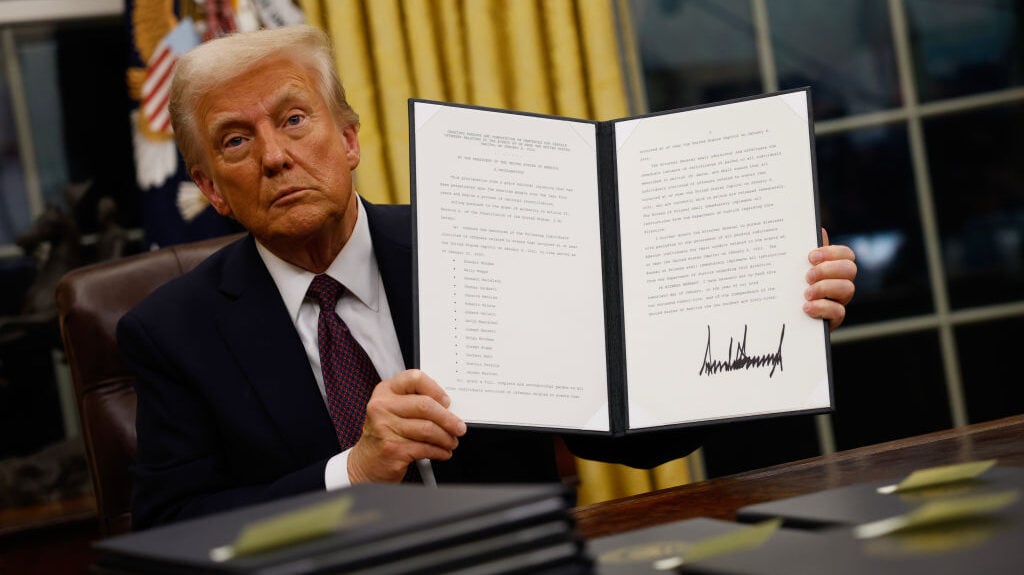
“The cancellation of consent decrees in Minneapolis and Louisville, the exact cities where George Floyd and Breonna Taylor were murdered, isn’t coincidence. It’s calculated cruelty,” she said.
She continued, “Consent decrees represent the absolute floor of accountability, not the ceiling. When police departments can’t stop killing Black people on their own, federal oversight becomes necessary. Removing that oversight is like taking the safety rails off a bridge and calling it ‘local control.’”
Jamarr Brown, executive director at Color of Change PAC, said police departments with documented histories of deadly misconduct are “being left off the hook,” adding, “That’s ultimately what happens when … pulling back on investigatory practices.” Brown continued, “Pulling those back actually puts power back in the hands of the police, and I think that’s the goal of the Trump administration.”
NAACP President Derrick Johnson slammed Trump for “sweeping the DOJ’s findings of civil rights violations by police departments nationwide under the rug.”
However, he also called out the United States Congress for failing to pass a “single piece of legislation to address this country’s policing crisis.”
The civil rights leader noted that last year, 1,175 people died in encounters with police. Johnson said those deaths could have been prevented if elected officials had the “courage to do something.”
“We voted them in to act in our best interests — not to sit around and twiddle their thumbs,” said the NAACP president. “How much time do they need to pass a bill? People are dying every day they fail to act. Enough is enough.”
Democrats in Congress introduced a sweeping police reform bill named after Floyd in 2020. The George Floyd Justice in Policing Act would have nationalized certain law enforcement practices and accountability measures. However, years of negotiations tanked in a divided Congress, largely over the issue of qualified immunity, which lowers the defense liability standard in private civil lawsuits involving officers, and the withholding of federal grants for police departments that do not comply with the law.
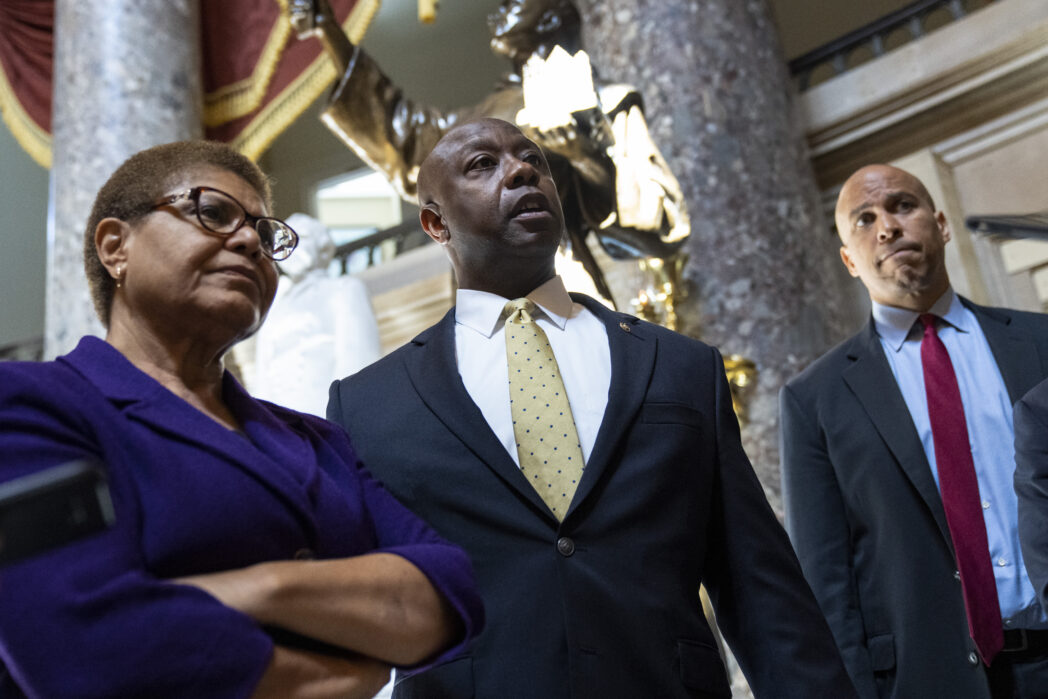
Though chances seem bleak in a Republican-controlled Congress and with Trump as president, Color of Change’s Executive Director believes the George Floyd bill could one day be passed into law.
“It’s up to the people to elect the Congress that will pass it,” Brown told theGrio. “If you don’t have the votes, you have to go earn the votes, and you have to go craft the Congress and the government you want.”
Despite years of setbacks, Angel of Black Lives Matter PAC said advocates and community leaders are “not begging for reform anymore.”
“We’ve evolved from demanding justice to building the power to enforce it ourselves. We’ve moved from protesting in streets to electing prosecutors who won’t protect killer cops, from chanting ‘Defund the Police’ to actually passing budgets that divest from police and invest in Black futures,” Angel told theGrio.
The Trump administration and opponents of police reform are “working overtime” to dismantle the wins for police reform on the federal and local level, said Angel.
“They wouldn’t be this desperate to stop us if we weren’t mobilizing power,” she argued. “That power is exactly what terrifies them most. And we will not stop fighting until the world we deserve exists. One where Black folk thrive, not just survive, consent decrees or not.”


